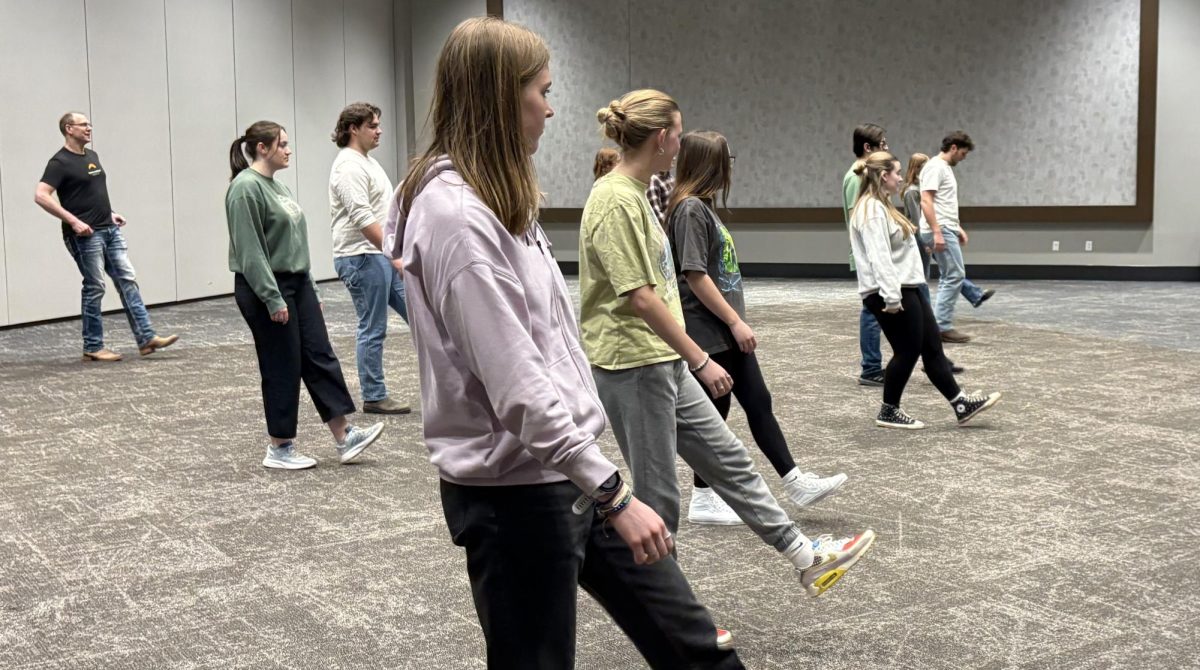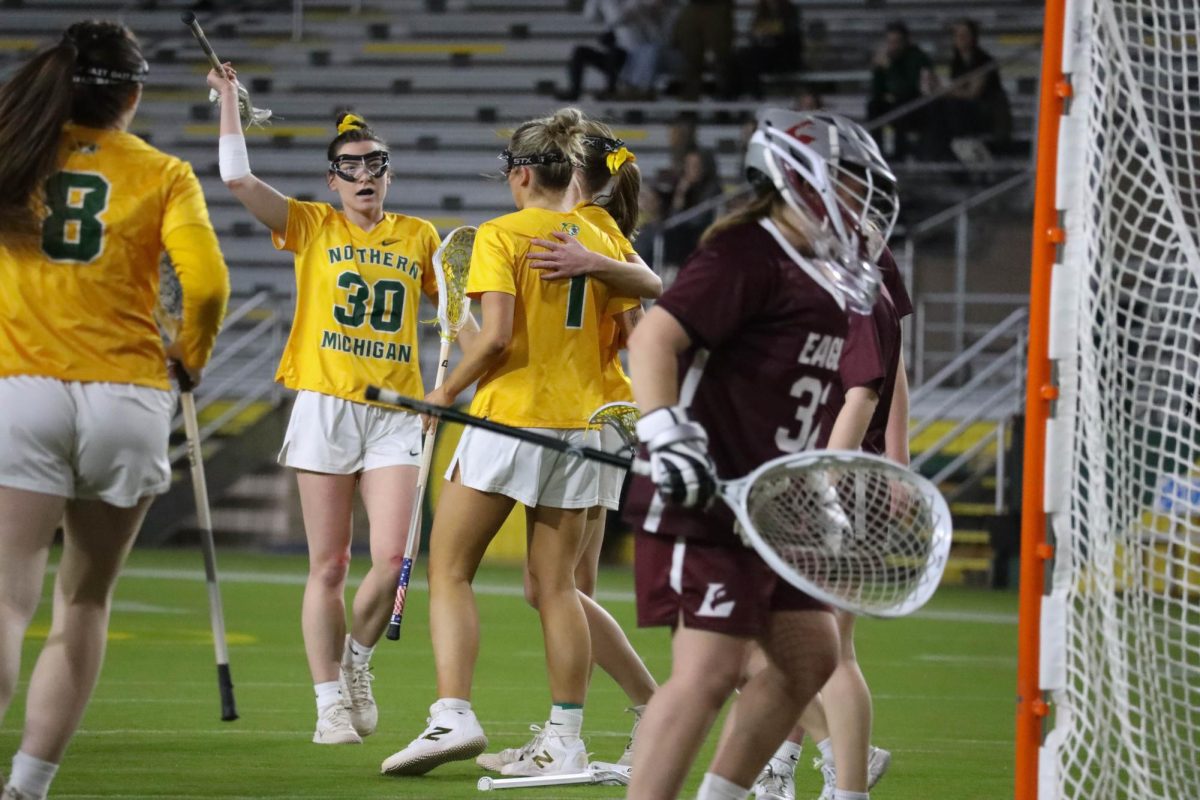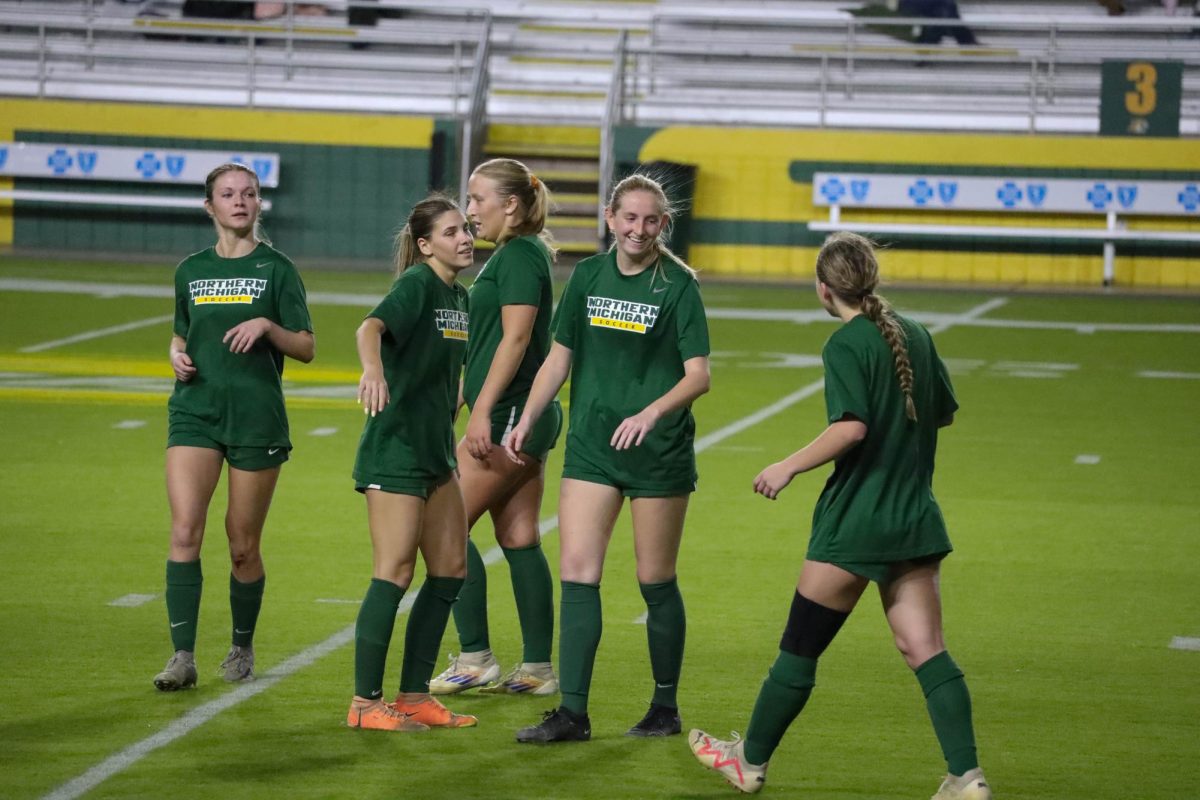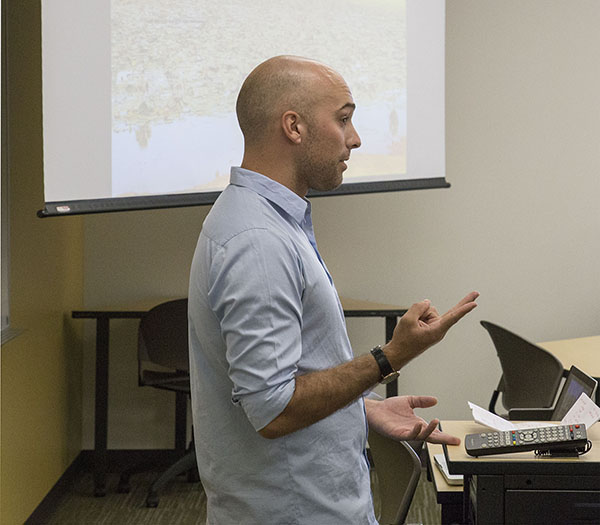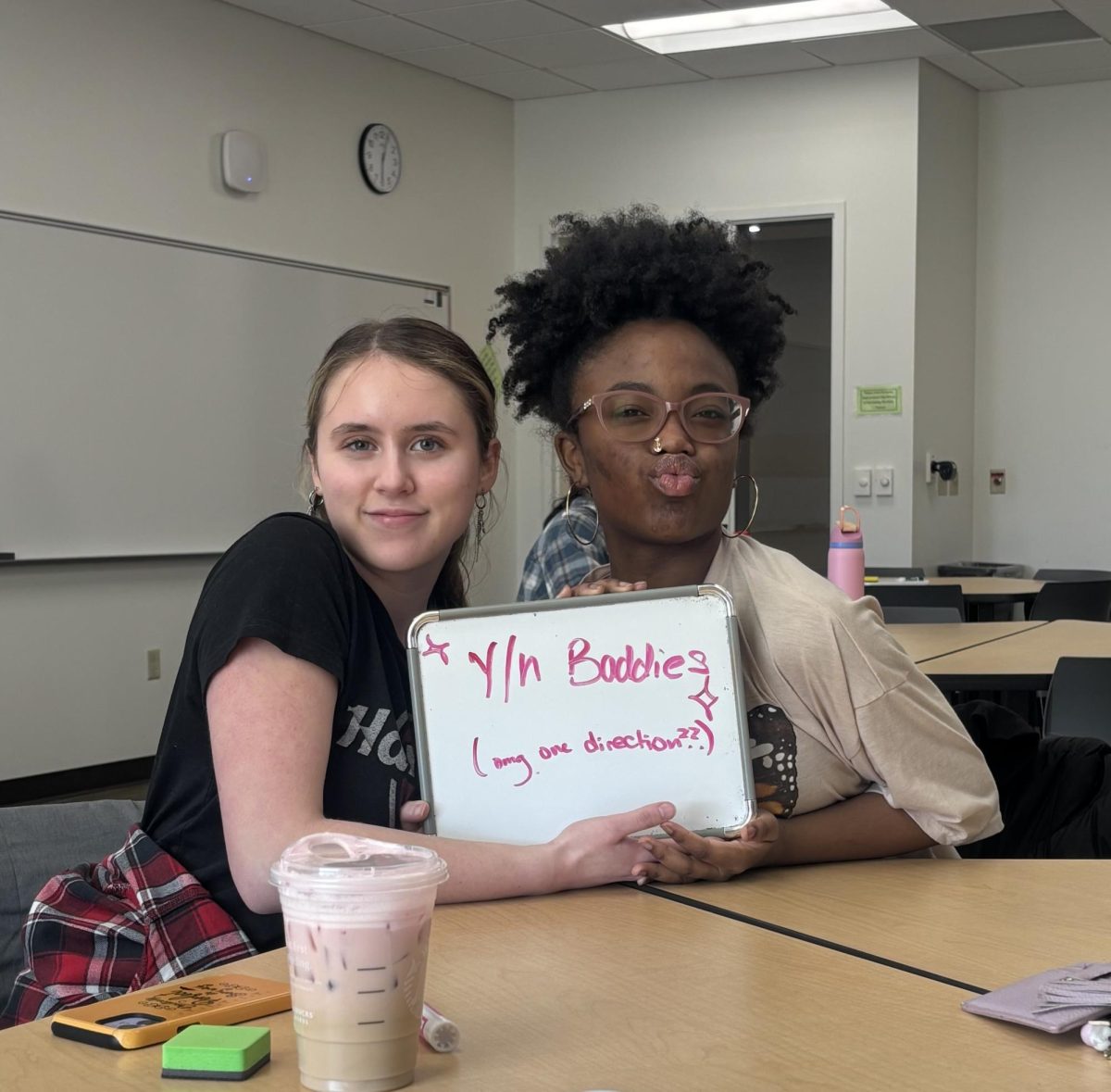NMU alumnus James Dyer spoke before a packed room of students and faculty at noon on Monday, Sept. 11 in Jamrich 3319 on his experience teaching English in Cambodia for the Peace Corps.
One of the Peace Corps.’ major goals is to show that Americans can be friends abroad and to improve relations with other nations by encouraging better understanding, Dyer explained. And that process takes time.
“You plant a tree under whose shade you never get to sit,” Dyer recited, a saying he heard often in his Peace Corps. training. “You don’t see the fruits of your labor immediately—if at all.”
Dyer has been in Cambodia assisting local teachers since July 2016. This is a two-year commitment, so he will serve until August 2018. Dyer’s return to the United States was brief, little more than two weeks, and he had to ship out again Wednesday.
Dyer, of Lowell, Michigan, completed both his undergraduate and graduate English studies at NMU, earning the Teaching English to Speakers of Other
Languages (TESOL) Certificate.
In Cambodia, Dyer has been living with a Khmer host family west of Battambang by the Thailand border. Society there is agricultural, so growing food in the rice fields is a bigger priority than arriving on time for lessons. Cambodia is still recovering from the massacre years of the Khmer Rouge regime of 1975 to 1979, Dyer explained; the mother of his host family lost all her loved ones during that time. This struggle to survive has also hurt education, especially among women and girls.
He showed a video of his host family singing Khmer pop songs and playing buckets as drums at a niece’s birthday party. It’s important to know that Cambodia is farmers and folk songs, Dyer said, but also don’t forget that Cambodia is cities too, where 75 percent of teenagers have smart phones.
“They’re more like Americans than you can imagine,” Dyer told the listeners.
Cambodia’s culture is rich in history, yet changing too. He described the “weird dynamic” of seeing ancient Hindu temples and gas stations on the same bike ride.
Much of what Dyer and his fellow Peace Corps. workers seek to overcome in Cambodia is people’s prior perceptions of Americans, especially the negative impressions that tourists have left behind.
“They’re tourists consuming Cambodian culture, rather than experiencing it,” Dyer said. “The ones you see are the ones you remember—the ones passed out on pub street.”
Cambodians see Americans as rich, white and all from New York City, he said, but they also see them as people who want to help.
Even though English is a required language to learn in Cambodia, Dyer’s students, ages 15 through 17, all have different proficiencies in the language, with some who are fluent in English and others “who could barely say hello.”
“It’s every English teacher’s nightmare of the most unlevel classrooms imaginable… But you do what you can with what you have,” he added optimistically.
“The most challenging part is working in the Cambodian school system. You feel like you’re running on a treadmill sometimes, but you have to understand you’re not there to fix Cambodia. The best part is working with the Cambodian teachers, who are so motivated to help their students.”
In addition to teaching, Dyer’s “pet project” to further benefit the community is writing a supplement on learning English to go along with the students’ government issued textbook.





